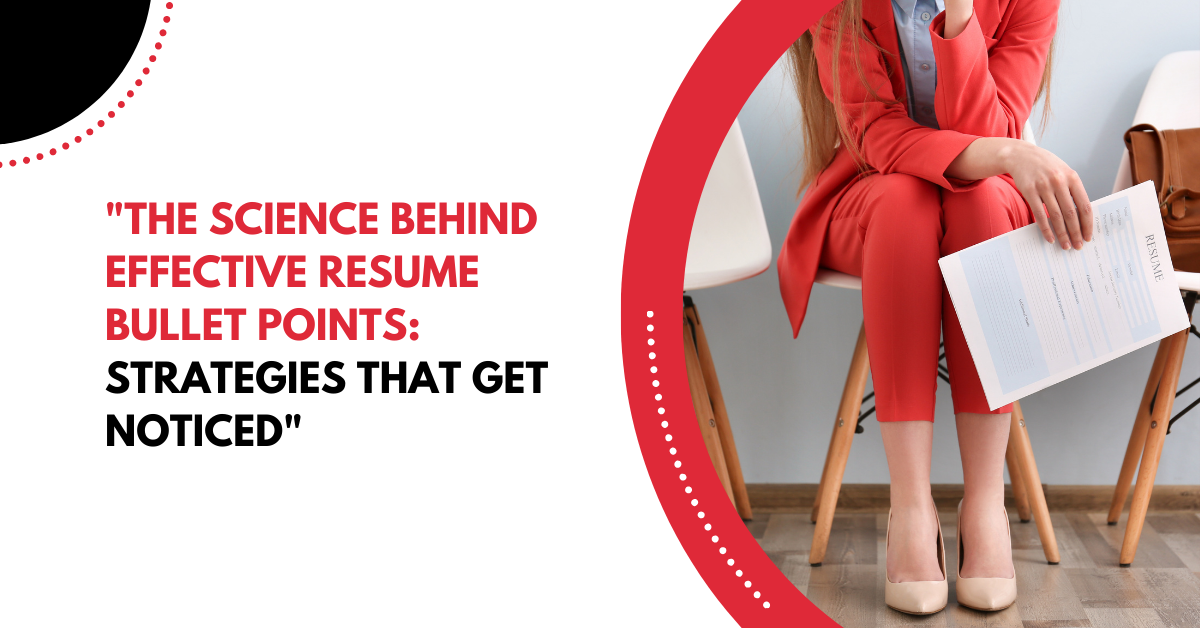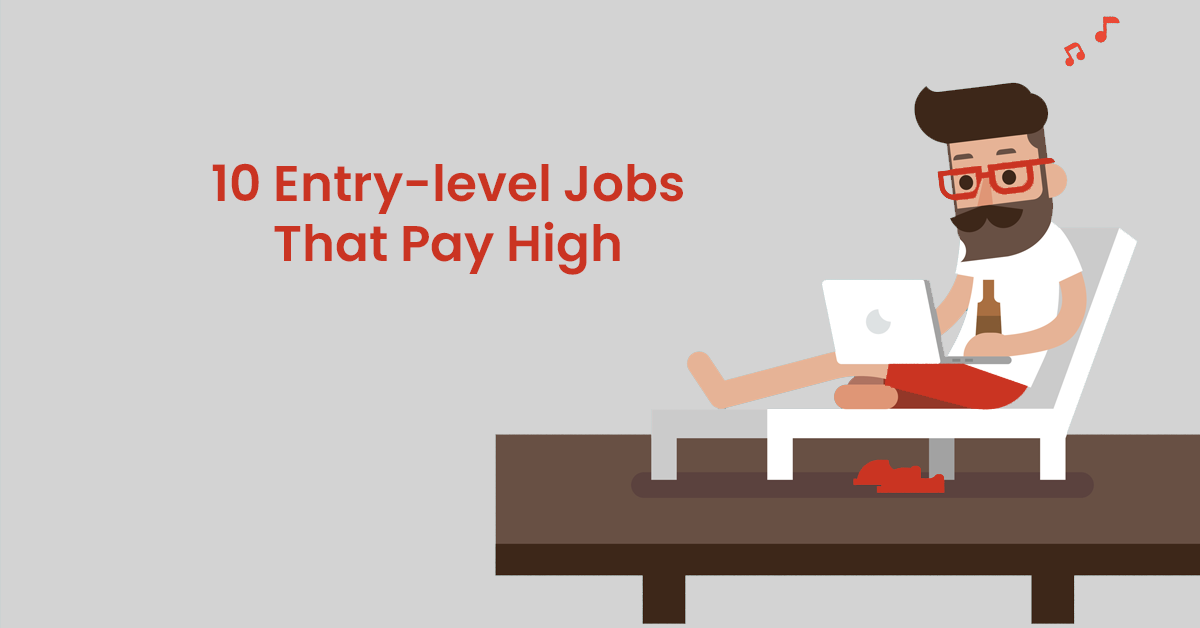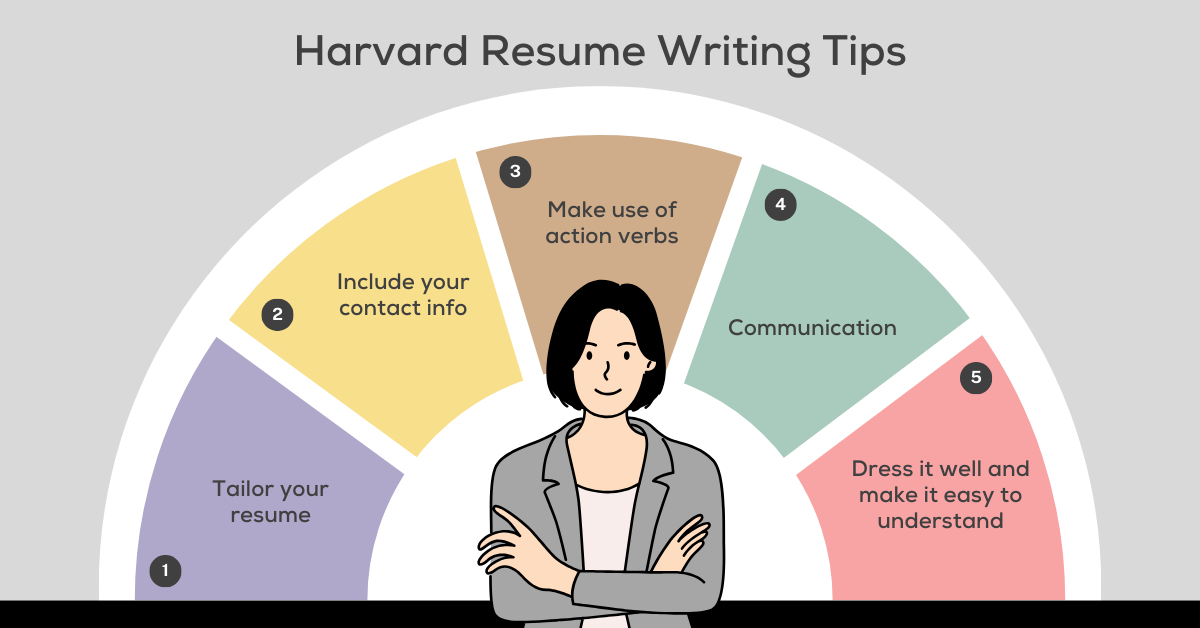
Highest Paying RN Jobs in 2026: Top Specialties and Salaries Explained
If you're researching the highest paying RN jobs in 2026, you're not alone. New graduate nurses and experienced professionals alike are looking for clarity on which specialties offer strong salaries, long-term growth, and meaningful clinical impact.
Read More
How to Ask for a Pay Rise Confidently: Tips, Scripts, and Best Timing
Learning how to ask for a pay rise is one of the most important professional skills you can develop early in your career. Yet for many freshers and beginners, salary conversations feel uncomfortable, intimidating, or even inappropriate.
Read More
How to Hire an Intellectual Property Paralegal: Skills to Look For
Hiring an intellectual property (IP) paralegal is not the same as hiring a general litigation or corporate paralegal. IP law operates on strict deadlines, technical documentation, and regulatory compliance.
Read More
The Challenge of Recruiting Real Estate Closing Attorneys in 2026
n 2026, recruiting real estate closing attorneys has become one of the most competitive hiring challenges for law firms, title companies, and real estate groups.
Read More
Top Legal Staffing Agencies in Dallas, TX: How to Choose the Right Hiring Partner
Finding top legal talent is a growing challenge for law firms and corporate legal departments in Texas. With evolving regulations, increasing caseloads, and competition for skilled attorneys and paralegals, many organizations turn to legal staffing agencies in Dallas TX to accelerate hiring and improve talent quality.
Read More
Mastering Talent Acquisition: 7 Best Practices to Attract and Retain Top Talent
In a highly competitive hiring landscape, organizations can no longer rely on traditional recruitment methods alone. The need for refined talent acquisition best practices has never been stronger, especially as employers compete for highly skilled professionals who expect alignment between their values, career aspirations, and workplace experience.
Read More
Top 15 Interview Questions for Managers to Assess Leadership and Decision-Making
Hiring the right manager is one of the most critical decisions any organization can make. Strong managers influence team productivity, shape workplace culture, and directly impact retention.
Read More
How Do Recruitment Agencies Work to Help Companies Hire Faster?
Speed is everything. Companies that fail to secure top talent quickly risk losing them to faster-moving competitors. This is why many employers now ask a crucial question
Read More
Top 10 Recruiting Agencies in Dallas, Texas: What Job Seekers Should Know Before Applying
Dallas has grown into one of the strongest job markets in the United States. With booming industries such as technology, healthcare, finance, energy, engineering, and logistics, job seekers in the region now rely heavily on recruiting agencies in Dallas TX to find the right opportunities.
Read More
The Most Effective Employee Retention Strategies for Tech Companies in 2025
The technology sector has always been defined by its relentless pace of change and its constant quest for top-tier talent.
Read More
What is the Importance of Conducting a Skills Gap Analysis
Success in tech depends not just on innovation but on having the right people with the right skills to power innovation.
Read More
10 Best Time Management Interview Questions for Remote and Hybrid Roles
Remote and hybrid work models are becoming the norm, thus, hiring managers need to look beyond technical skills and focus on how candidates organize their time.
Read More
How AI Is Transforming the Staffing Industry in 2025
The staffing world is undergoing a massive evolution, and at the center of this change is AI in staffing. By 2025, artificial intelligence has moved far beyond being a buzzword—it has become an integral tool that empowers companies, recruiters, and job seekers alike.
Read More
The Real Hiring Problems No One Talks About — And How to Solve Them
In today’s competitive job market, finding and hiring the right talent is harder than ever. Despite advanced tools, AI platforms, and job boards, hiring managers and HR leaders still face frustrating bottlenecks and missed opportunities.
Read More
Top Hiring Trends to Watch in 2025: What Employers Need to Know
As the global workforce continues to evolve rapidly, hiring trends are becoming a critical focus for business leaders, HR professionals, and recruiters alike.
Read More
10 Data‑Driven Strategies to Combat Employee Attrition in 2025
In 2025, controlling employee attrition is not just a matter of gut feeling—it demands a data‑driven strategy. Understanding employee attrition definition is the first step: it refers to the net loss of employees who leave voluntarily or involuntarily without being replaced.
Read More
Reignite Your Spark: Reclaiming Joy and Authenticity at Work in the Age of Work-Life Integration
Have you ever felt like the fire has gone out of your work? Maybe the tasks that once energized you now feel like drudgery. Perhaps the colleagues you used to connect with now seem distant.
Read More
Launching Your Career from Anywhere: A Guide to Thriving in the World of Remote Entry-Level Jobs
The traditional office environment is undergoing a seismic shift. Gone are the days of rigid schedules and long commutes. Today, a new wave of opportunity is surging - the world of remote entry-level jobs.
Read More
Top 20 Popular Behavioral Interview Questions and How to Answer Them in 2025
Popular behavioral interview questions are designed to assess how candidates have handled specific situations in the past, providing insight into their skills, mindset, and problem-solving abilities.
Read More
How to Avoid Employee Burnout: 10 Proven Strategies for a Healthier Workplace
In today’s demanding work environment, knowing how to avoid employee burnout is more important than ever. As businesses strive to retain top talent and maintain productivity, workplace burnout has become a silent productivity killer.
Read More
How to Craft the Perfect Resume: What a Proper Resume Looks Like in 2025
Understanding what a proper resume looks like in 2025 is crucial for job seekers aiming to make a strong impression. A well-crafted resume not only showcases your qualifications but also aligns with modern hiring practices, including Applicant Tracking Systems (ATS) and evolving employer preferences.
Read More
10 Unique Interview Questions to Ask Candidates for Better Insights
Finding the right candidate goes beyond assessing technical skills and experience. To truly understand a candidate's potential fit within your organization, it’s essential to delve deeper during the interview process.
Read More
10 Steps to Build an Effective Career Development Plan for Long-Term Success
In a competitive professional landscape, having well-structured career development plans are essential for achieving long-term success.
Read More
Work-Life Priorities: Why the 'Live to Work vs. Work to Live' Question Matters
The debate between “live to work” or “work to live” has been a topic of discussion for decades, with no one-size-fits-all answer. For many, the balance between career aspirations and personal life is crucial to overall happiness and well-being.
Read More
How to Create an Effective Career Development Plan: A Step-by-Step Guide
Building a successful career doesn’t happen by accident—it requires careful planning, continuous learning, and self-assessment. A career development plan is an essential tool that helps individuals navigate their professional journey with intention.
Read More
10 Essential Interview Preparation Tips to Help You Land Your Dream Job
Job interview preparation is both exciting and nerve-wracking. It's the opportunity to make a lasting impression and potentially land your dream job. However, to succeed, you need more than just knowledge of your qualifications—you need strategy and preparation.
Read More
Top job search websites to look for in 2024
The job market in 2024 is more competitive than ever, and finding the right job can often feel overwhelming. However, job search platforms have evolved significantly, offering specialized features, AI-powered recommendations, and access to global opportunities.
Read More
How W3Global is Revolutionizing Talent Acquisition: A Deep Dive into Our Innovative Staffing Solutions
In an evolving business landscape, securing top-tier talent is paramount to organizational success. Traditional staffing methods are often time-consuming, costly, and prone to mismatches.
Read More
10 Critical Thinking Questions to Assess Thought Process and Decision-Making
In a job market, technical skills alone are not enough to ensure success. Employers and professionals alike recognize that the ability to analyze situations, solve problems, and make well-informed decisions is crucial.
Read More
A W3Global Guide to Avoiding Scammers in Recruitment
The job market has always been a fertile ground for both opportunity and deception. As more companies and job seekers rely on online platforms for recruitment, the presence of scammers in the industry has skyrocketed.
Read More
What Is a Per Diem Job? A Comprehensive Guide
In the context of employment, a per diem job refers to a position where employees are paid on a daily basis rather than receiving a fixed salary or hourly wage.
Read More
Common Critical Thinking Interview Questions and How to Answer Them
Critical thinking is a highly valued skill in today's job market. Employers seek individuals who can analyze situations, make decisions, and solve problems efficiently. Critical thinking interview questions are designed to assess a candidate's ability to think logically and rationally.
Read More
Average Attorney Salary by State: A Comprehensive Guide in 2025
A legal career is often associated with prestige, stability, and substantial earning potential. However, an average attorney salary varies significantly based on several factors, including geographic location, demand for legal services, and economic conditions.
Read More
AI in Recruiting: Transforming the Hiring Process
Artificial intelligence (AI) is revolutionizing various industries, and recruiting is no exception. The integration of AI in recruiting has transformed the hiring process, making it more efficient, accurate, and unbiased.
Read More
Top 10 Employee Retention Strategies for 2025: Keeping Your Best Talent
Employee retention is a critical aspect of any successful business strategy. As we move into 2024, the landscape of talent management continues to evolve, with new challenges and opportunities arising.
Read More
Understanding Skills Gap Analysis: A Comprehensive Guide
In a rapidly evolving business environment, organizations must adapt quickly to remain competitive. One critical aspect of this adaptation is ensuring that employees possess the necessary skills to meet current and future demands.
Read More
Top 12 Exit Interview Questions to Uncover Valuable Employee Insights
High employee turnover is a costly problem for businesses. While some turnover is inevitable, a significant portion can be prevented by understanding why employees leave.
Read More
How to Choose a Legal Staffing Agency
The legal field is a complex and ever-evolving landscape. Law firms and legal departments are constantly under pressure to maintain efficiency, manage costs, and find top legal talent. This is where legal staffing agencies come in.
Read More
How to Write a Compelling Lawyer Resume: Tips and Examples
Creating a standout resume is essential for any lawyer aiming to land a job in a competitive legal market. A well-crafted resume not only showcases your qualifications but also highlights your unique strengths and experiences, making you a top contender for the position.
Read More
5 Smart Ways to Utilize ChatGPT for Writing a Standout Resume
In the competitive job market, having a standout resume is a critical component of job search strategy. As artificial intelligence (AI) continues to revolutionize the way we approach tasks, ChatGPT emerges as a game-changing tool for resume writing.
Read More
Mastering the Art of AI Resume Writing: 10 Insider Secrets
The job market is fiercely competitive, and crafting a compelling resume is no longer optional. In today's digital age, Applicant Tracking Systems (ATS) scan resumes before human eyes ever see them.
Read More
The Science Behind Effective Resume Bullet Points: Strategies That Get Noticed
Crafting a standout resume is crucial in today's competitive job market. It's your first impression, the initial pitch that can open doors to new career opportunities.
Read More
10 Entry-level Remote Jobs Pay You High
The job market is changing faster than ever, especially for those just starting out. Forget the stuffy office life – remote entry-level jobs are booming! Companies are waking up to the benefits of flexible work, and that means more and more opportunities to launch your career from the comfort of your own home office.
Read More
6 Ways You Don’t Know How Recruiters Help You
Is your job hunt frustrating you? Are your resume and cover letter receiving no response? Is your interview ending up with an email-sorry to say your profile did not get through? Did you reach a stage where you are frustrated and want to shout out, "Someone, please find me a work!"
Read More
Tips To Tackle Your Appraisal Meeting
Appraisal meeting is a milestone for anyone. It has manifold importance as it not only decides the fate of salary increment but also the position. If handled well, the appraisal meeting can have an incredible positive turnaround. However, this meeting is easier said than done and, so the majority of employees cannot handle it well.
Read More
10 Signs You Will Receive Job Offer
Have you ever left an interview venue feeling uncertain about how it went? Did you experience that intense anticipation about how the interviewer perceived you during the final round? If so, you're not alone.
Read More
Harvard Resume Writing Tips by Experts
Landing your dream job in today's competitive market depends on having a resume that cuts through the noise. Recruiters get bombarded with applications, so yours needs to grab their attention fast.
Read More
What is work-life integration and how does it work...?
"Work life integration" is a term that's increasingly making its way into our vocabulary, reflecting a significant shift in how we perceive the relationship between our professional and personal lives.
Read More
Empathy... Need of the hour !!
We all are aware of how COVID-19 has affected almost every industry across the world which resulted in massive unemployment. But, it’s time for us to be resilient and rock-solid during these turbulent times. Talent Pathway ATS is committed to supporting you
Read More
W3Global, Inc. unveils New Logo and Redefines Staffing Strategies
Frisco, Texas – May 18, 2020 – W3Global, Inc, unveiled New Logo and Website. The color red in the new Logo exemplifies the confidence to Reinvent Staffing Strategies while turning the current Adversities into Opportunities.
Read More